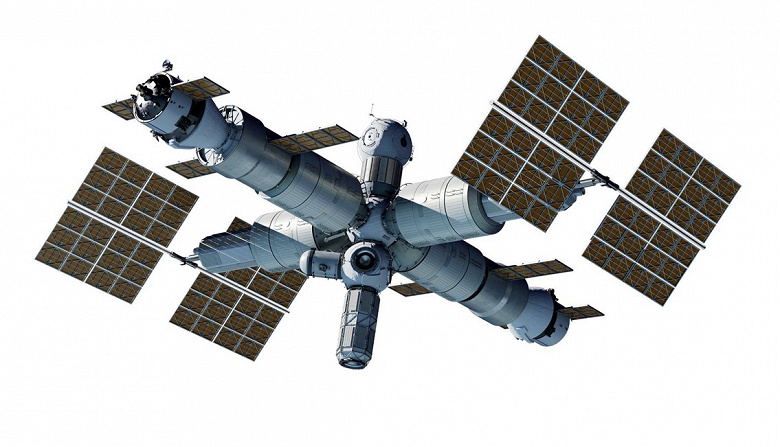Preparation for interplanetary flights and deep space exploration will begin there
The crew of the promising Russian Orbital Station (ROS) will be able to spend up to eight months on board, said Oleg Orlov, director of the Institute of Medical and Biological Problems of the Russian Academy of Sciences (IMBP). According to him, in accordance with the recommendations of specialists, cosmonauts will be able to spend up to eight months at the station, but at the initial stage of its operation such long flights are not envisaged.
Oleg Orlov explained that long-term expeditions to the ROS will become possible only after all the station modules are launched into orbit. In addition, instruments that will be used to conduct experiments on board must be delivered there. A significant part of these experiments, according to him, will be aimed at developing technologies and approaches necessary to prepare humans for travel to the Moon, interplanetary flights and deep space exploration.
For example, scientists plan to install a short-radius centrifuge on board one of the ROS scientific modules, which will allow them to study the effect of artificial gravity on the human body, and the features of the station’s orbit will allow them to analyze how the health of participants will be affected by environmental conditions, to the maximum close to outer space. The launch of the first, scientific and energy, module of the new Russian station is planned for the end of 2027, and the hub, gateway, base and target modules — for 2028–2030.

